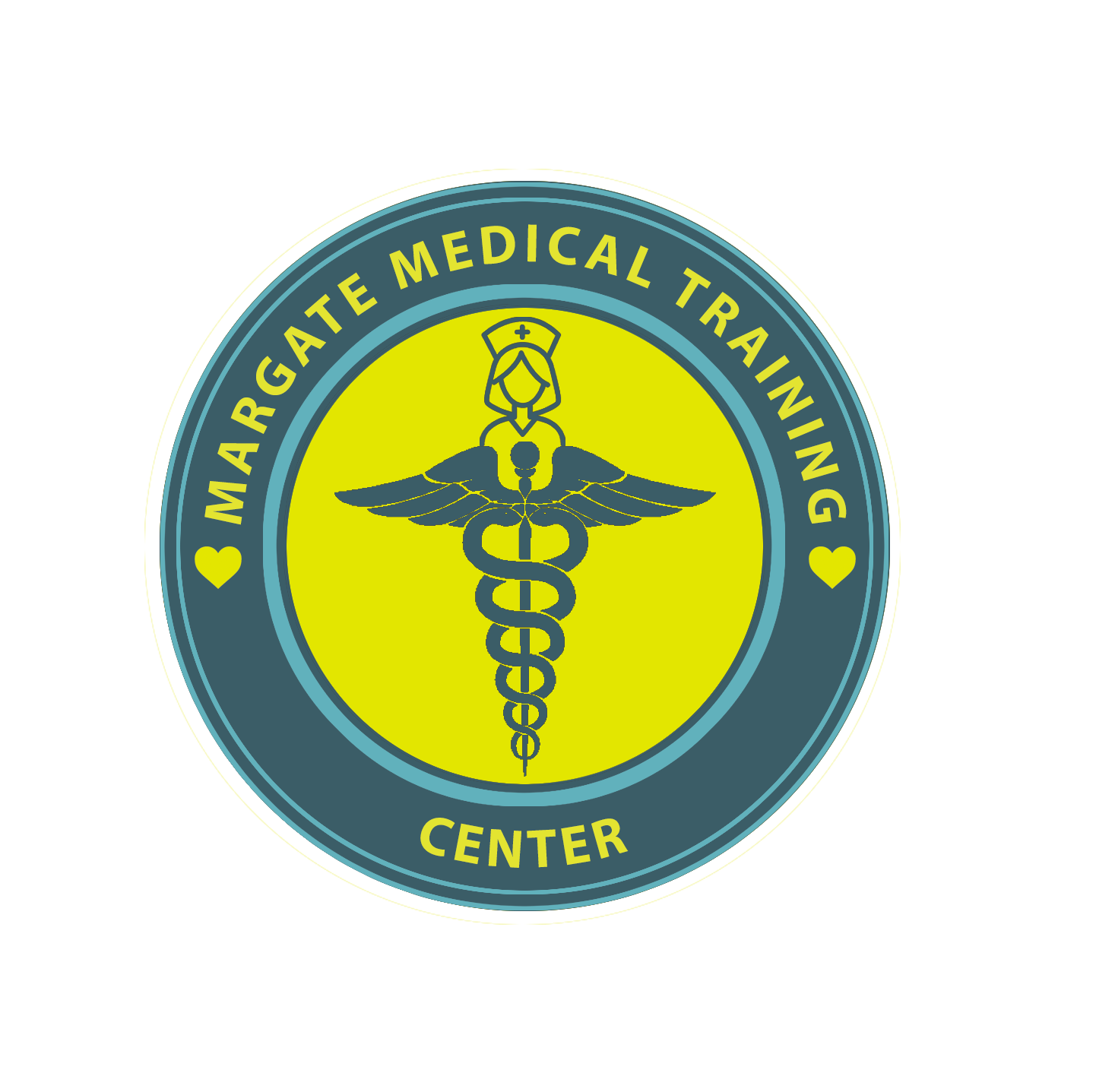Your cart is currently empty!
Alzheimer’s and Related Disorders

Written by
in
Course Overview:
This Continuing Education course will provide the Healthcare provider with two (2) Contact hours of Continuing Education units (2 CEUs) that may be used for their license or certification requirements for continuing education.
This course is designed to provide the healthcare provider with essential knowledge and skills to care for individuals with Alzheimer’s Disease and related disorders (ADRD). You will gain a deeper understanding of the diseases, their progression, symptom management, communication strategies, and the specific legal and cultural considerations in Florida. The course combines evidence-based practices with state-specific resources and guidelines.
Target Audience: Certified Nursing Assistants, Home Health Aides, Registered Nurses, Licensed Practical Nurses, Nurse Practitioners
Learning Objectives:
- Discuss Alzheimer’s Disease and Related Disorders (ADRD), including the distinctions between the different types.
- Review the pathophysiology of Alzheimer’s Disease and Dementia
- Learn how to understand and care for a patient with Alzheimer’s Disease and Related Disorders, and the roles that healthcare providers have.
- Review the pharmacological management of Alzheimer’s Disease and Related Disorders and understand the healthcare providers role in monitoring side effects
- Understand the legal and ethical issues surrounding care for patients with Alzheimer’s.
- Understand the cultural diversity when caring for patients with Alzheimer’s and the resources available to them in Florida.
This course offers essential training for healthcare providers to better understand and care for patients with Alzheimer’s and related disorders, emphasizing a holistic and culturally competent approach within the unique context of Florida’s aging population.